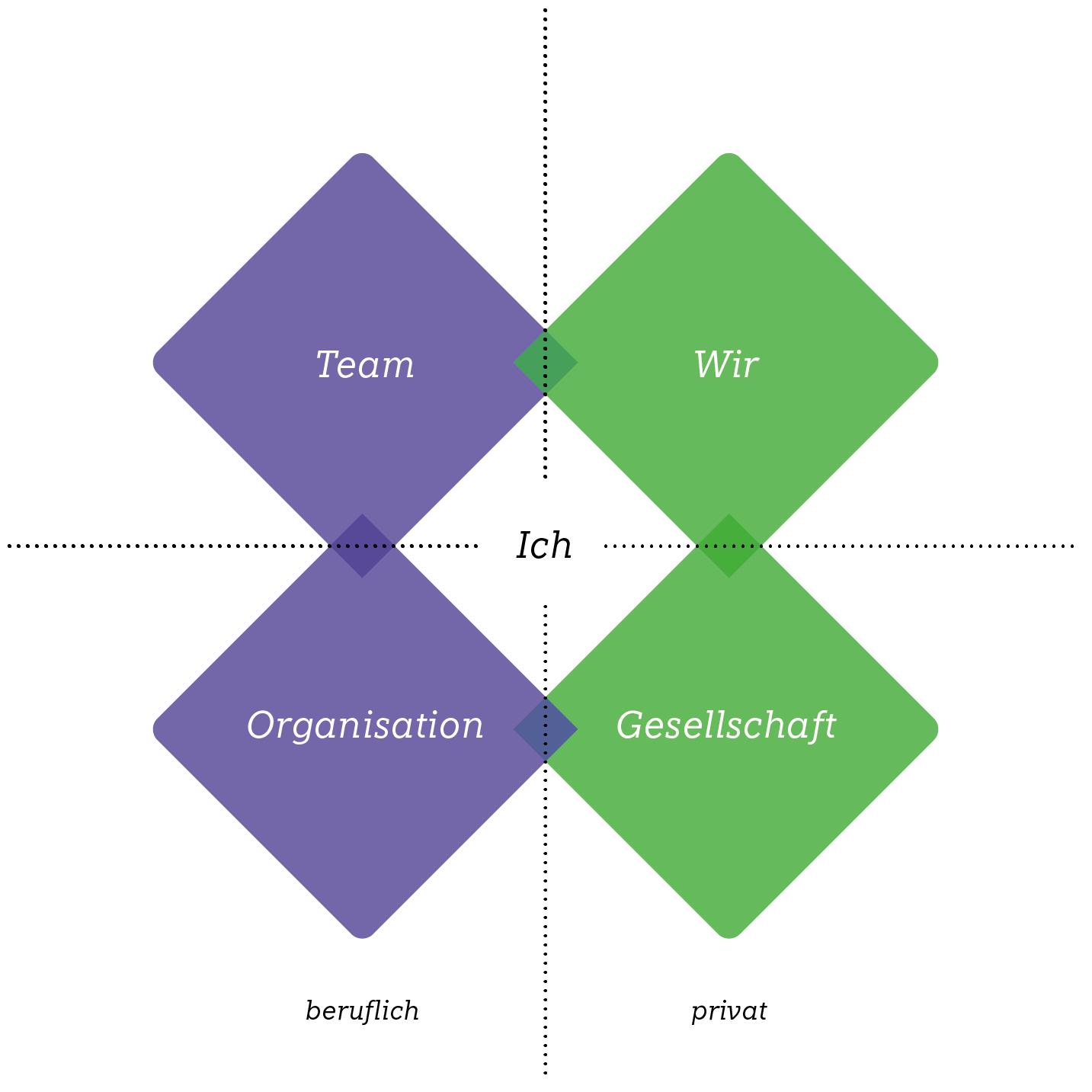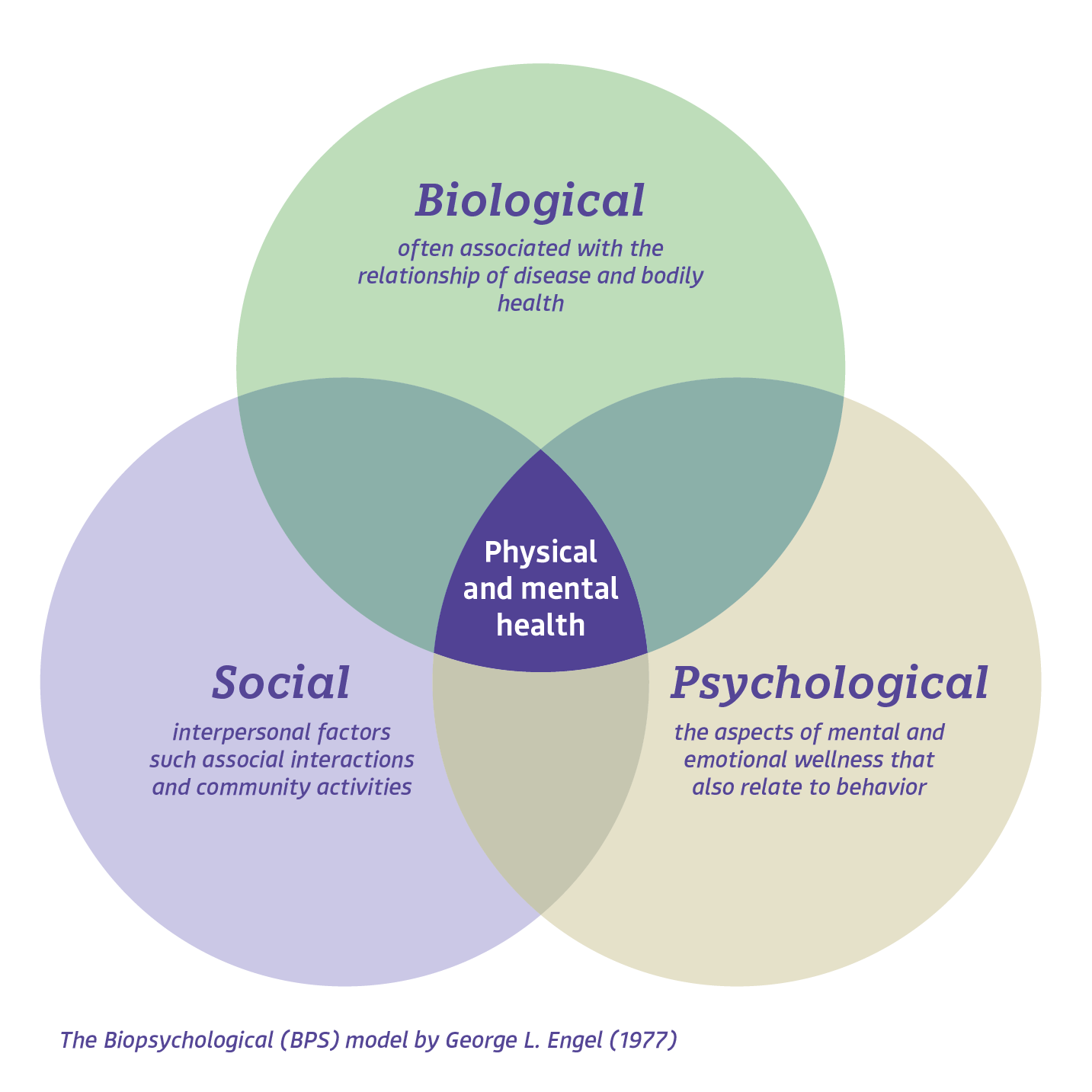What is social fitness?
Social fitness is the ability to structure relationships in such a way that collaboration becomes easy, safe and effective – in everyday life and at work.
Good collaboration doesn't happen by chance—it develops where people feel seen, heard, and psychologically safe. Social fitness is the key to this.
Why do we need social fitness right now – including in your company?
Hybrid collaboration, fast-paced work, and a shortage of skilled workers reveal the real bottleneck: relationships, not tools . Where psychological safety is lacking, decisions falter, engagement declines, and good people leave. Social fitness comes in precisely here – it makes relationship quality trainable in everyday life.
Quiet Quitting everywhere:
Bonding at its lowest point
In Germany, only 9% of employees are highly emotionally attached to their employer, while around 78% work by the book. A lack of psychological safety and poor relationship quality hamper collaboration, responsibility, and willingness to learn.
Gallup Engagement Index, 2024
Expensive downtime:
€113.1 billion per year
"Inner resignation" causes productivity losses of at least €113.1 billion annually. Companies often invest in more tools and processes, but this doesn't address the root cause: a lack of relationship skills and trust.
Gallup Engagement Index, 2024
Stay or go?
Only 34% plan for 3+ years
Only 34% of employees firmly plan to remain with their current employer in three years. In a skills shortage, every bond counts. Social fitness strengthens a sense of belonging, purpose, and fair collaboration—the foundation for retaining talent.
Gallup Engagement Index, 2024
Without social fitness, potential remains untapped. With social fitness, collaboration becomes noticeably easier, faster, and more human.
How socially fit is your company? Find out!
Social Fitness - The Art of Connection
Our lead article in managerSeminare Magazine 11/2025 on the topic of social fitness in companies, including a mini-check-up and first possible steps, as well as the clear added value for companies and teams.
You can read the article on "The Art of Connection" for free here:
Good collaboration doesn't happen by chance. Social fitness makes it trainable.
We think of social fitness in two areas that reinforce each other: I–We–Society (personal context) and I–Team–Organization (professional context).
Where relationships are supportive, trust, psychological security, and better decision-making emerge. Long-term research from the Harvard Study of Adult Development has shown for decades:
Good relationships are a key driver of health, satisfaction and performance.
We'll show you why social fitness matters now, how the BPS (Body-Mind-Social) model provides guidance, and how you can train it—with everyday routines, team rituals, and micro-experiments that strengthen performance, bonding, and culture.
A good relationship is based on three factors: feeling like you belong, being valued, and not being exploited, i.e. being treated fairly.
The BPS model makes social fitness the third training level : What we practice physically and mentally needs a counterpart in our interactions – relationships can be built up in a targeted manner through rituals, feedback and the quality of conversation.
The BPS model stands for…
Biological (body): energy, regeneration, health.
Psychological (mind): resilience, mindfulness, emotional clarity.
Social (relationships): Relationship quality, communication, networks – the lever for cooperation.
Organizations with high social fitness …
…attract and retain talents because belonging and meaning become tangible,
…make decisions faster and more clearly thanks to clarity of roles and expectations,
…create psychological safety and thus better cooperation,
…promote innovation and participation – co-creation becomes everyday life rather than the exception.
How to train social fitness in your environment
Social fitness isn't a state, but a path. Our triad makes it achievable in your everyday life.
Raising awareness
Visualizing patterns in the I-We system : Where do we stand? What helps, what hinders? Quick checks, reflection, and dialogue formats.
Targeted training and reflection
your toolset, skillset, and mindset in daily business: micro-experiments, team rituals , and peer feedback. Start small, test the impact, and scale.
Finding balance
Anchoring progress: Balancing closeness and distance, giving and taking, focus and flexibility – and staying in rhythm .
Interested in learning more? Together we'll find the right approach for your company.

"It's the Quality of Your Relationships That Matters. Not the Number. Not the Status. The Quality."
—Robert Waldinger, Harvard Study of Adult Development
Get connected! We appreciate your interest in social fitness and the opportunity to connect with you.
Use the contact form, book an appointment with us directly or send us an email to info@connecting-humans.de








